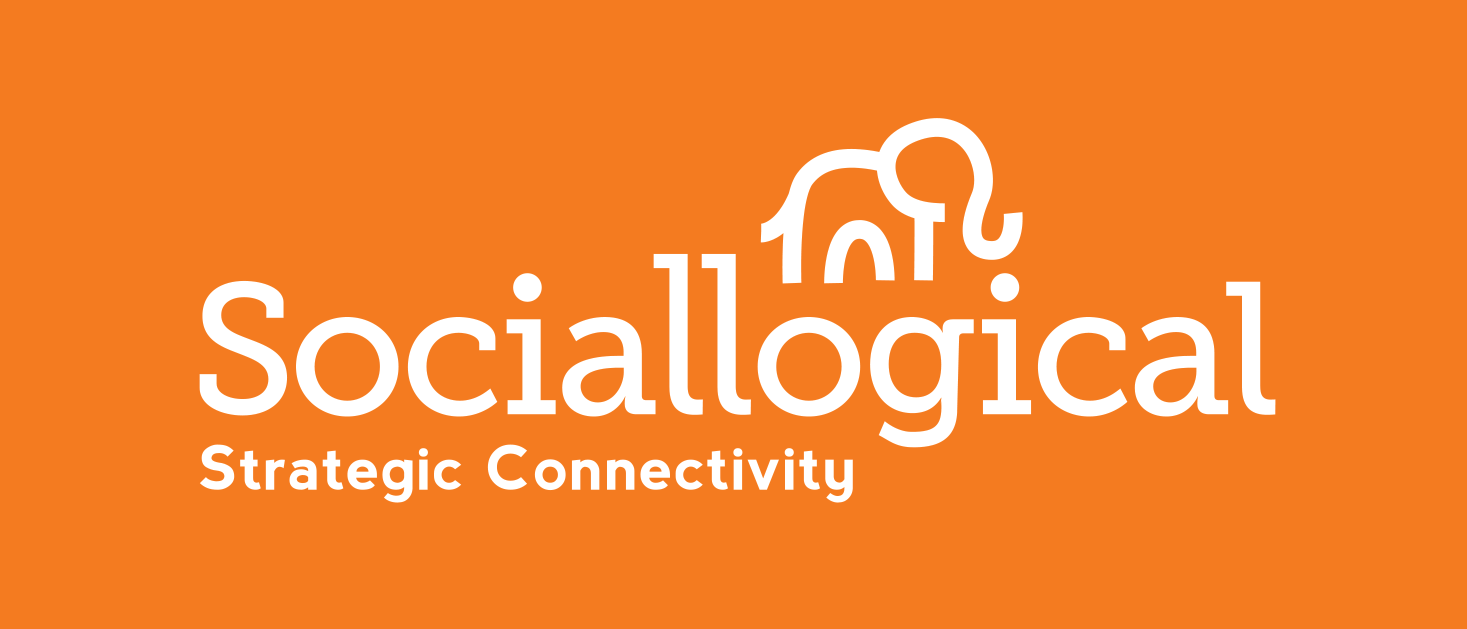 Have you ever lost yourself in a book? There's something about the narrative that takes hold of us; our minds are held captive for some time in an imaginary place, that is, fostered by a great story. We feel involved somehow, it becomes part of us and us a part of it. We draw comparisons between characters and ourselves, and judge them as we would people on the street.
Have you ever lost yourself in a book? There's something about the narrative that takes hold of us; our minds are held captive for some time in an imaginary place, that is, fostered by a great story. We feel involved somehow, it becomes part of us and us a part of it. We draw comparisons between characters and ourselves, and judge them as we would people on the street.
Storytelling is an integral part of life. As children, we develop a sense of right and wrong through parables; ideas become cemented in the brain and are carried out in our life experiences. For example, The Boy Who Cried Wolf is a compelling tale that explains the value of integrity. When we're given a real example of human struggle (a boy's lies lead to self-destruction,) something clicks and we attach meaning to it. These stories stick with us because they are widely relatable.
Adult Learning and the Storytelling Effect
We grew up listening to teachers speak of things we'd need to know in the future. As adults, we're motivated to learn things of immediate value to us.
Storytelling binds us all, regardless of race, class or gender. We can gain new insight on our own lives or problems we've faced through the experiences of others. Self-discovery inspires new learning and growth. A journal article in Adult Learning highlights this idea:
"Narrative thinking, as opposed to analytical thinking, is relational rather than linear; it holds power to help tellers and listeners make new connections, linking various aspects of experience in new ways. Making these linkages frequently leads to revised interpretations, enhanced self-awareness, and learning that precipitate constructive, developmental change."
Social media IS the new storytelling. It connects us to those in our communities, it gives us a venue to share our experiences and provide insight to others. Through social media we learn more about who we are through the kinds of people we attract and those with whom we engage with.
Identify the Storyteller in Your Boardroom
The article mentioned above argues that as adults, we have the capacity to "rewrite ourselves" and our life stories. We've developed beyond the impressionable phases of youth but we're not immune to reinvention.
Listening to our peers can open doors for us. It forces us to re-evaluate, drawing new light to the way we've always done things. This can be incredibly powerful.
"Stories are relational; they build relationships, create bonding links between educators and learners, and complement analysis with more holistic views of experience."
Is there someone in your office who's active in social "storytelling?" Find the person who's most comfortable with social media and get them to share their story. Social media changes the way people communicate as professionals. If we can understand how these tools have a real-life impact on someone we know, we're more apt to give them a try and discover new possibilities.
Giving New Technology a Human Feel
A good way to ease into social media is by creating a blog. The human effect is instant because blogging is so expressive - the design, photos we choose and insight we share combine to give our audience a taste of who we are.
And a blog can be about anything - interests we have, places we've seen, or maybe it's a place to talk about constructive changes in our work. If you become comfortable with blogging, it will be easier to shift into Twitter and other social media and start sharing and connecting. Social media isn't something that just happens - it's something we adapt to over time. Have your colleagues made the shift? Have you thought about telling your story? There's never been a better time.
